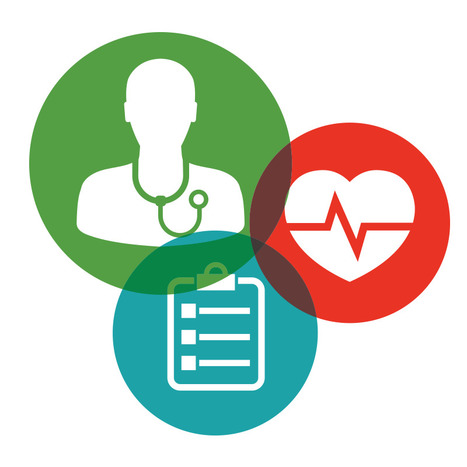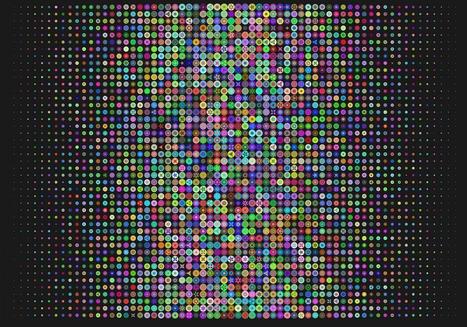A team of clinicians, dietitians and researchers has created an innovative automated program to screen for malnutrition in hospitalized children, providing daily alerts to healthcare providers so they can quickly intervene with appropriate treatment. The malnutrition screen draws on existing patient data in electronic health records (EHR)
"Undernutrition is extremely common in children with cancer--the population we studied in this project," said study leader Charles A. Phillips, MD, a pediatric oncologist at Children's Hospital of Philadelphia (CHOP). "There is currently no universal, standardized approach to nutrition screening for children in hospitals, and our project is the first fully automated pediatric malnutrition screen using EHR data."
Phillips and a multidisciplinary team of fellow oncology clinicians, registered dietitians and quality improvement specialists co-authored a paper published Oct. 5, 2018 in the Journal of Nutrition and Dietetics.
The study team analyzed EHR data from inpatients at CHOP's 54-bed pediatric oncology unit over the period of November 2016 through January 2018, covering approximately 2,100 hospital admissions. The anthropometric measurements in the EHR included height, length, weight and body mass index. The researchers used software to take note of changes in those measurements, and used criteria issued by the Academy of Nutrition and Dietetics and the American Society for Parenteral and Enteral Nutrition, to evaluate each patient's risk of malnutrition.
For each child that the screening program judged to be at risk, the tool classified the risk as mild, moderate or severe. It then automatically generated a daily e-mail to hospital clinicians, listing each patient's name, medical record number, unit, and malnutrition severity level, among other data.
In the patient cohort, the researchers' automated screen calculated the overall prevalence of malnutrition at 42 percent for the entire period of study, consistent with the range expected from previous studies (up to about 65 percent for inpatient pediatric oncology patients). Overall severity levels for malnutrition were 47 percent in the mild category, 24 percent moderate and 29 percent severe; again, consistent with other research and clinical experience.
The study leader stated that:
This test study demonstrates the feasibility of using EHR data to create an automated screening tool for malnutrition in pediatric inpatients. Further research is needed to formally assess this screening tool, but it has the potential to identify at-risk patients in the early stages of malnutrition, so we can intervene quickly. In addition, this tool could be implemented to screen all pediatric patients for malnutrition, because it uses data common to all electronic medical records.
read the unedited original article at https://www.eurekalert.org/pub_releases/2018-10/chop-fam100918.php



 Your new post is loading...
Your new post is loading...









Healthcare data is increasingly being analyzed. While we have written previously on AI, Prediction systems, automation, machine learning and other cool stuff, seemingly uncool technology is what provides the coolest benefits.
But this article and the story behind is the perfect example of how technology can be most effective for improving healthcare workflows in 2018 and 2019. Further ahead the benefits of the previously mentioned cool techs will hopefully be starting to be realizable, but we must use automation and analysis to intervene in current workflows and make them more effective today as much as we can.
This directly benefits clinical staff, speeds up care and actually starts making EHR data directly beneficial to those pained by the process of generating it.
To know about how many such benefits can be extracted from uncool technologies, check out out websites to learn about Medixcel and talk to us in the comments below.